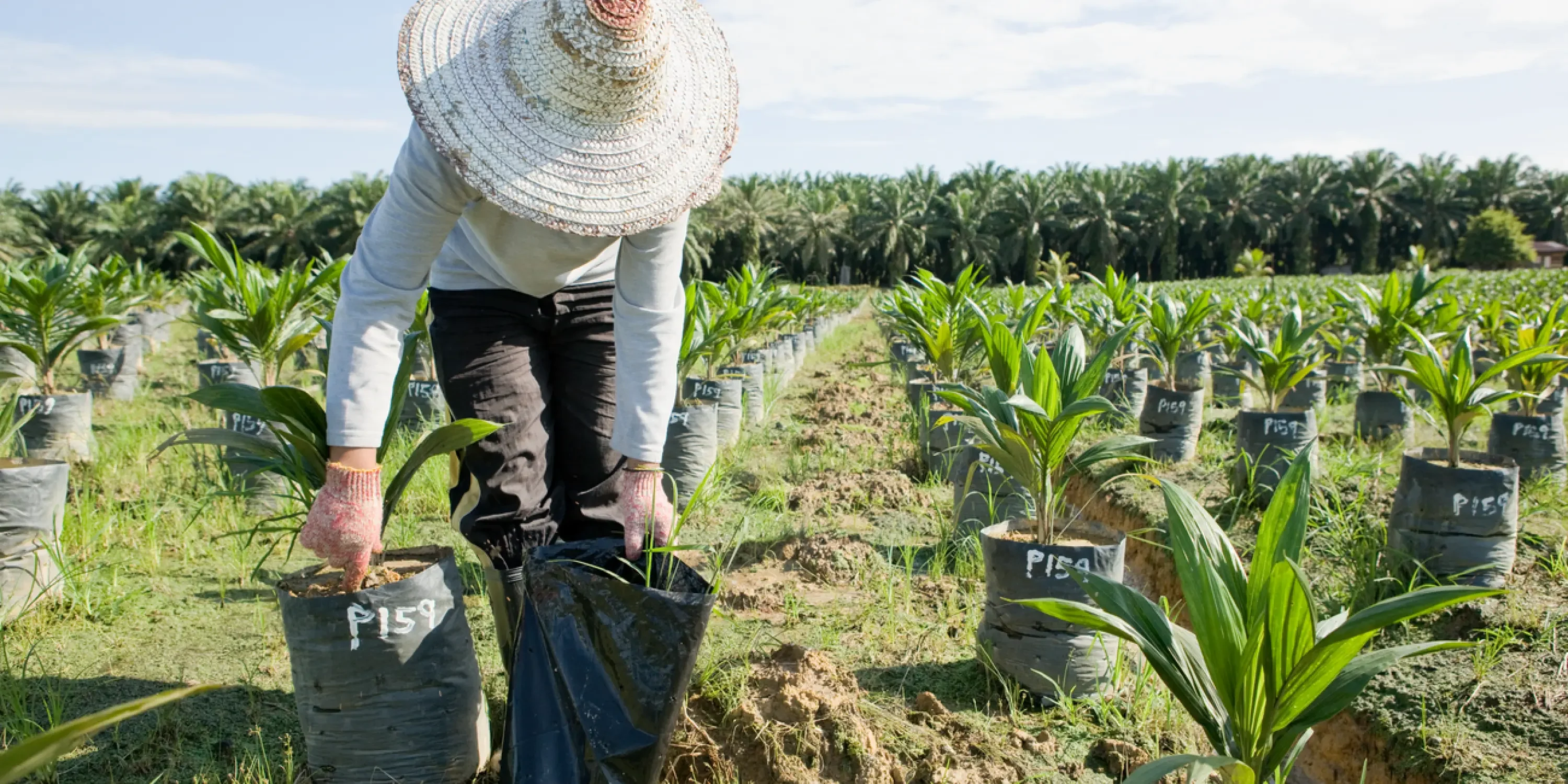Some have argued that PFAD should not be considered a residue because it has market value and many uses. In circular economy, however, all residues and wastes should have an avenue to be utilized, and thus have value.
Palm fatty acid distillate or PFAD is one of the many waste and residue raw materials that we have in our portfolio. Although linked through supply chains, palm oil and PFAD are different renewable raw materials: palm oil is a crop-based vegetable oil whereas PFAD is a processing residue derived from the refining of food-grade palm oil for the food and chemical industry uses.
PFAD fully meets the EU RED definition of "processing residues":
…a substance that is not the end product(s) that a production process directly seeks to produce. It is not a primary aim of the production process and the process has not been deliberately modified to produce it.”
Some have argued that PFAD should not be considered a residue because it has market value and many uses. In circular economy, however, all residues and wastes should have an avenue to be utilized, and thus have value.
When harvesting oil palm and handling fresh fruit bunches, normal bruising occurs causing the fat in the fruit to start degrading.
The longer it takes for the fruit to be transported, processed, and refined into palm oil, the larger part of the fats degrade. When palm oil is being refined into food-grade oil, these degraded fats, free fatty acids, are removed from the oil by distilling. PFAD has to be removed to improve the oil's taste, odor, and color, as well as to increase its shelf life.
The formation of these rancid, degraded fats cannot be completely prevented. PFAD is, however, unsuitable for human consumption and undesired from the food oil production's perspective. Hence, PFAD needs to be removed before the oil meets the food industry’s quality standards.
Because the demand for palm oil by the food industry continues being high, there is plenty of this PFAD residue available for various uses.
In addition to biofuels, PFAD is used, for example, to produce candles, soaps, other oleochemical products, as well as animal feed.
Palm oil producers get a lower price for PFAD than for the edible palm oil (olein and stearin).
Therefore, palm oil refining aims to maximize the output of edible palm oil, not PFAD. PFAD is, however, generated despite producers’ continuous efforts to improve their processes to minimize PFAD volumes and maximize the output of more valuable fractions from the refinery.
Because PFAD is a non-desired output of the palm oil refining process that the producers are trying to minimize, its use does not drive palm oil production or expansion of its cultivation, nor does it accelerate deforestation.
Situation is similar with sawdust: nobody cuts down trees to produce sawdust. Instead, trees are harvested for logs that can be processed to planks at a saw mill. Sawdust is generated as an undesired residue, which however has value and can be used for useful purposes.
Waste and residue raw materials like PFAD provide the biofuels industry, among others, with alternatives to raw materials that can also be used in the food industry.
In turn, biofuels producers offer vegetable oil refiners a sustainable avenue for their residue streams, which can help reduce the pressure to clear new areas of land for the cultivation or production of virgin raw materials, such as palm oil.
The use of Neste MY Renewable Diesel, made from 100% renewable raw materials, can result in up to 75% or up to 95%* less greenhouse gas (GHG or CO2e) emissions over the fuel’s life cycle when compared to fossil diesel.
*The GHG emission reduction varies depending on the region-specific legislation that provides the methodology for the calculations (e.g. EU RED II 2018/2001/EU for Europe and US California LCFS for the US), and the raw material mix used to manufacture the product for each market
Neste buys PFAD only from those suppliers that are committed to sustainable working practices and meeting our strict sustainability criteria and those set by authorities in our markets.
These criteria include a proactive approach to preventing deforestation and mitigating its risk. The PFAD that Neste uses is traceable to the place of origin, as the law requires. The biofuels industry continues being one of the only industries that are required by law to meet strict sustainability criteria with the raw materials they use.
Read more about the other raw materials within our portfolio.
Read more about our future raw materials.

Comprehensive information about our PFAD supply chain can be found on Neste's traceability dashboard.

Neste actively engages with its renewable raw material suppliers through workshops to collaboratively develop innovative solutions in the supply chain, continuously improve sustainability.
Share this